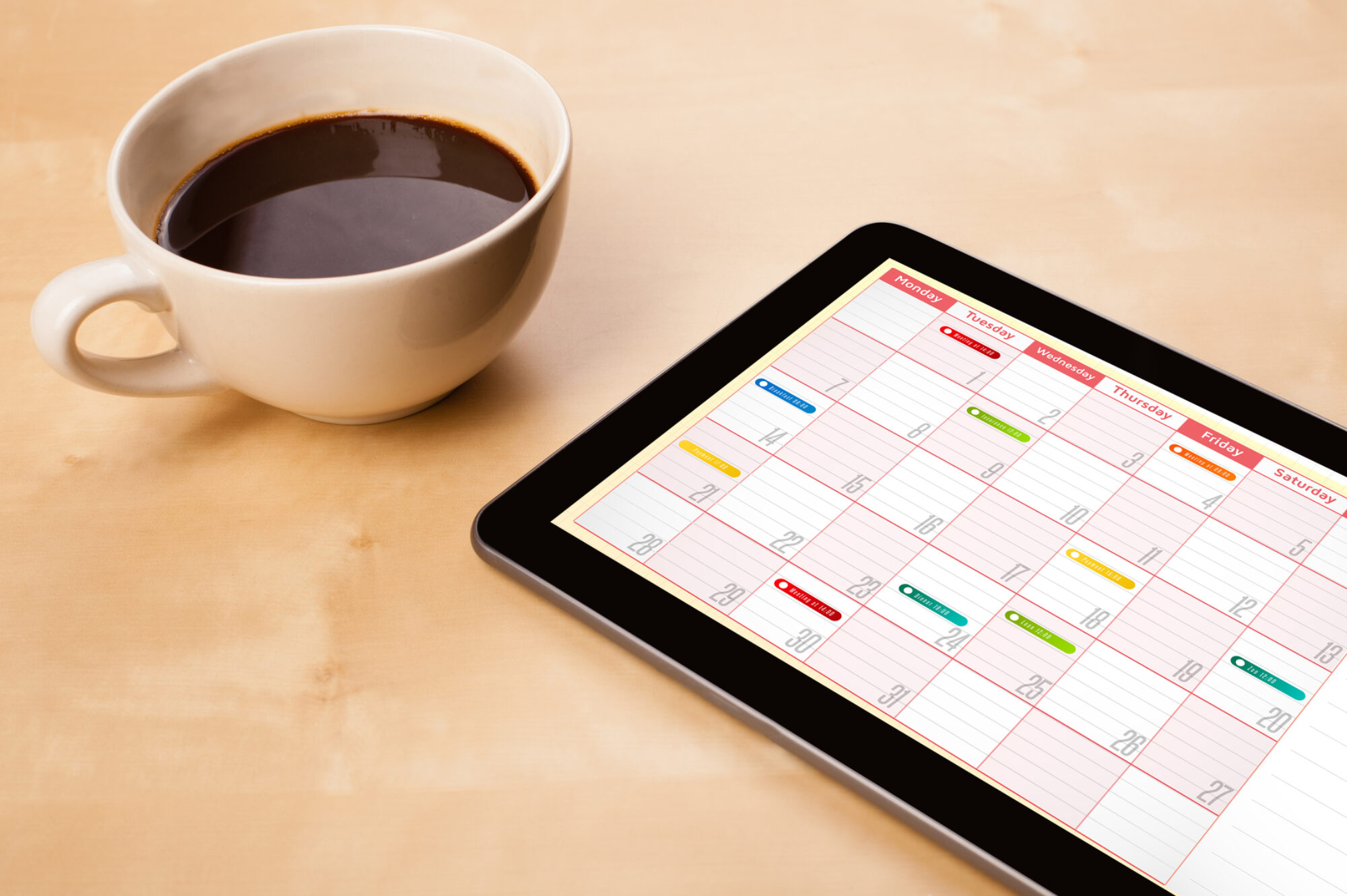 There are a number of reasons why, according to a recent Linkedin study, only 11% of professionals get their planned tasks done each day. This is an elite group, and one reason people use the resources here at ScheduleU is to improve their chances of finishing the day with all their tasks crossed off.
There are a number of reasons why, according to a recent Linkedin study, only 11% of professionals get their planned tasks done each day. This is an elite group, and one reason people use the resources here at ScheduleU is to improve their chances of finishing the day with all their tasks crossed off.
But it’s not easy, even at the higher skill levels discussed in A Course in Scheduling. Many people use methods which are simply unsuitable for the number of tasks they are trying to complete. Without an upgrade to their behaviors and tools, they will never get there.
However, even if they are using the appropriate tools for their circumstances, there’s still a challenge.
I noticed that, even with the use of SkedPal, there were moments and days in which I would be doing something different from what I had written in my calendar. I gave it a name: “Being Off-Calendar.” (I also dubbed the preferred state “Being On-Calendar.”)
While there is no way to completely avoid a day’s disruptions, I imagined that there must be a continuum from very bad to very good days. I supposed that the more productive someone is, the more likely they are to have good days in which their actions mirrored the contents of their calendar. The opposite would also be true.
While it would be impossible to be perfect, there should be some ways to be better, I reasoned. They key would be to change some behaviors I had never focused on before.
A Game I Set Up
If you have read any of my recent writing on improving task management apps, you may agree that one of the best ways to engage yourself and others in changing habits, practice and rituals is to introduce elements of gamification. If they are used skillfully, they can make behaviors stick by making a transformation fun, challenging and immersive.
I decided to use some of these principles, inviting others to join me in playing an “On-Calendar Game.” While fewer than ten people responded, I had a feeling I would be far more focused if I had even one other person watching my progress. Accountability works.
So does fun. Who wants to play a game alone?
In my next post in this short series, I’ll share the initial game I created and why it ended up being the only game I could feasibly invent, given a number of limitations. In a subsequent post, I’ll share the results and lessons learned.

